University of Sussex academics have established a method of turbocharging desktop PCs to give them the same capability as supercomputers worth tens of millions of pounds.
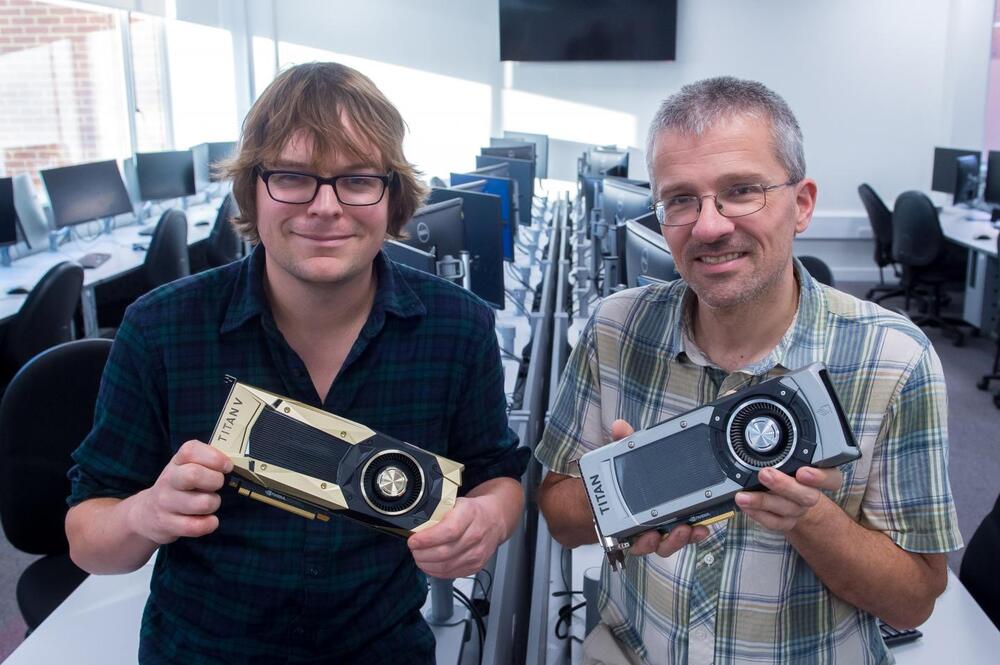

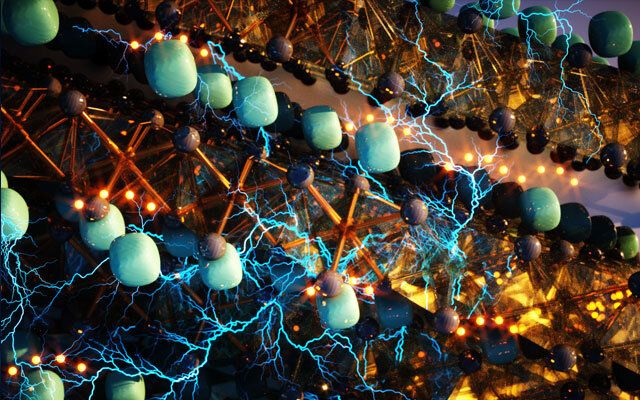
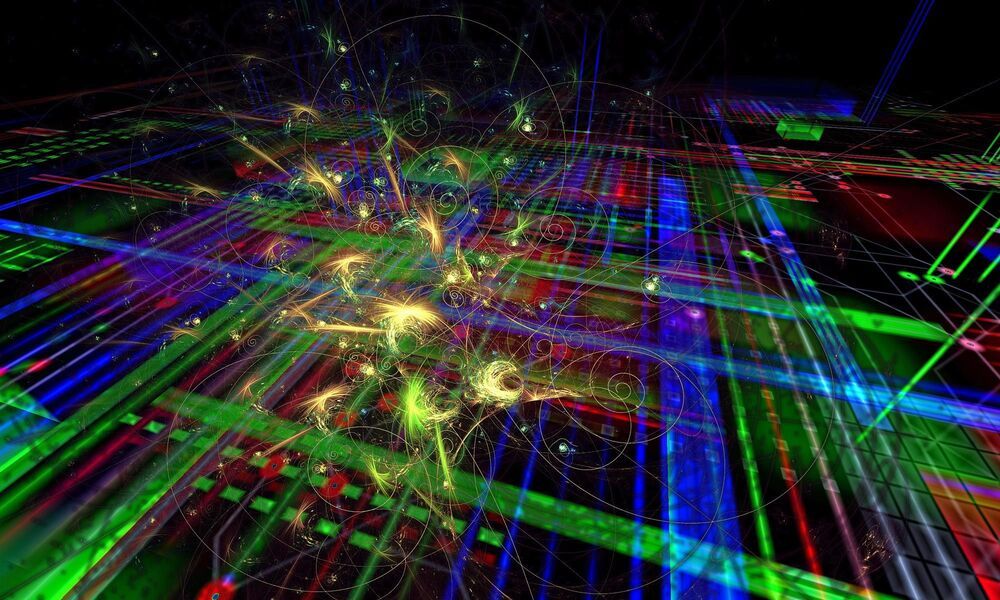
Physicists have discovered a potentially game-changing feature of quantum bit behavior that would allow scientists to simulate complex quantum systems without the need for enormous computing power.
For some time, the development of the next generation of quantum computers has limited by the processing speed of conventional CPUs.
Even the world’s fastest supercomputers have not been powerful enough, and existing quantum computers are still too small, to be able to model moderate-sized quantum structures, such as quantum processors.
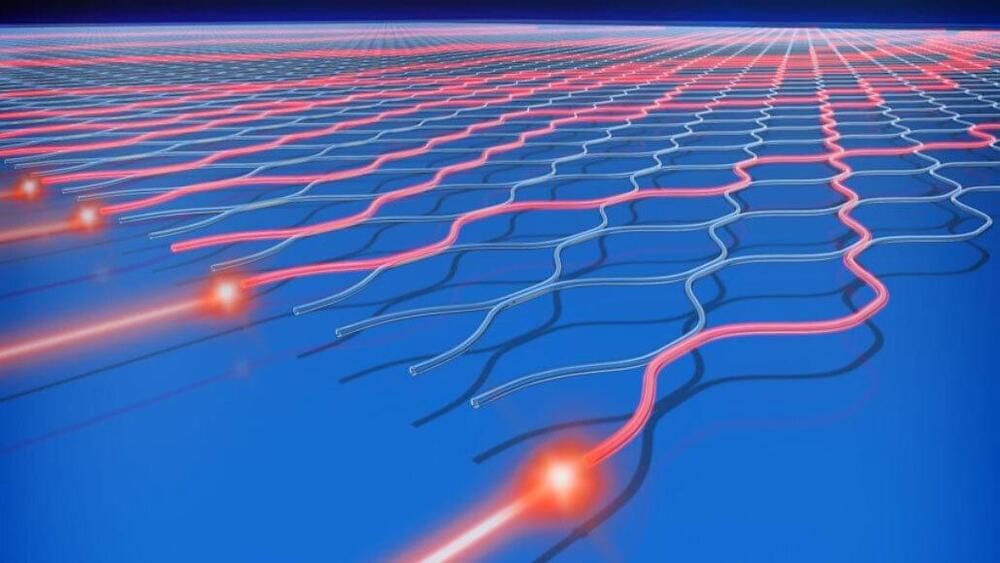
Circa 2020 o.o
Researchers in China claim to have achieved quantum supremacy, the point where a quantum computer completes a task that would be virtually impossible for a classical computer to perform. The device, named Jiuzhang, reportedly conducted a calculation in 200 seconds that would take a regular supercomputer a staggering 2.5 billion years to complete.
Traditional computers process data as binary bits – either a zero or a one. Quantum computers, on the other hand, have a distinct advantage in that their bits can also be both a one and a zero at the same time. That raises the potential processing power exponentially, as two quantum bits (qubits) can be in four possible states, three qubits can be in eight states, and so on.
That means quantum computers can explore many possibilities simultaneously, while a classical computer would have to run through each option one after the other. Progress so far has seen quantum computers perform calculations much faster than traditional ones, but their ultimate test would be when they can do things that classical computers simply can’t. And that milestone has been dubbed “quantum supremacy.”
Lightmatter bets that optical computing can solve AI’s efficiency problem.

Researchers have been studying chloride’s corrosive effects on various materials for decades. Now thanks to high-performance computers at the San Diego Supercomputer Center (SDSC) at UC San Diego and the Texas Advanced Computing Center (TACC), detailed models have been simulated to provide new insight on how chloride leads to corrosion on structrual metals, resulting in economic and environmental impacts.
Conducted by a team from Oregon State University’s (OSU) College of Engineering, a study discussing this newfound information was published in Materials Degradation, a Nature partner journal.
“Steels are the most widely used structural metals in the world and their corrosion has severe economic, environmental, and social implications,” said study co-author Burkan Isgor, an OSU civil and construction engineering professor. “Understanding the process of how protective passive films break down helps us custom design effective alloys and corrosion inhibitors that can increase the service life of structures that are exposed to chloride attacks.”
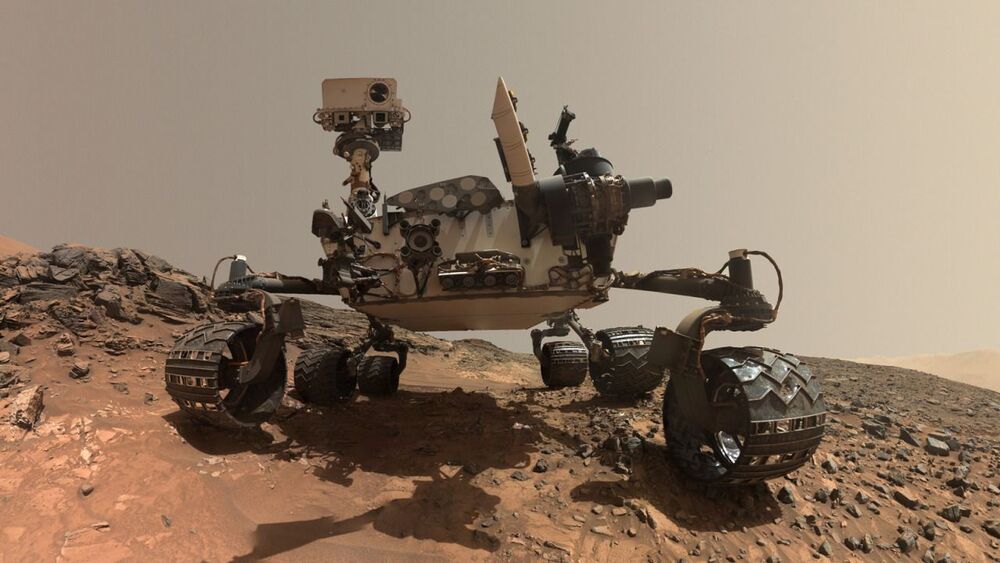
Eighty-one years ago, our world-class research center in California’s Silicon Valley was born. Ground broke on Ames Research Center on Dec. 20, 1939. It was the second aeronautical laboratory established by the National Advisory Committee for Aeronautics to perform fundamental research on all things flight. From its very beginnings, Ames was a place for innovation. Tests performed in its wind tunnels transformed military aircraft during World War II and paved the way for air travel at supersonic speeds. In the 1950s and ‘60s, its researchers looked to the stars and came up with new designs and materials for spacecraft that would make human spaceflight a reality. Fast-forward to the present, and the center contributes to virtually every major agency mission through its expertise in spacecraft entry systems, robotics, aeronautics, supercomputing, and so much more! Here are things to know about Ames.
The Volatiles Investigating Polar Exploration Rover is the latest lunar exploration mission led by Ames. Launching in 2023, the mobile robot will search for water ice inside craters and other places at the Moon’s South Pole. Its survey will help pave the way for astronaut missions to the lunar surface beginning in 2024 as part of the Artemis program.
Make sure to follow us on Tumblr for your regular dose of space: http://nasa.tumblr.com/.
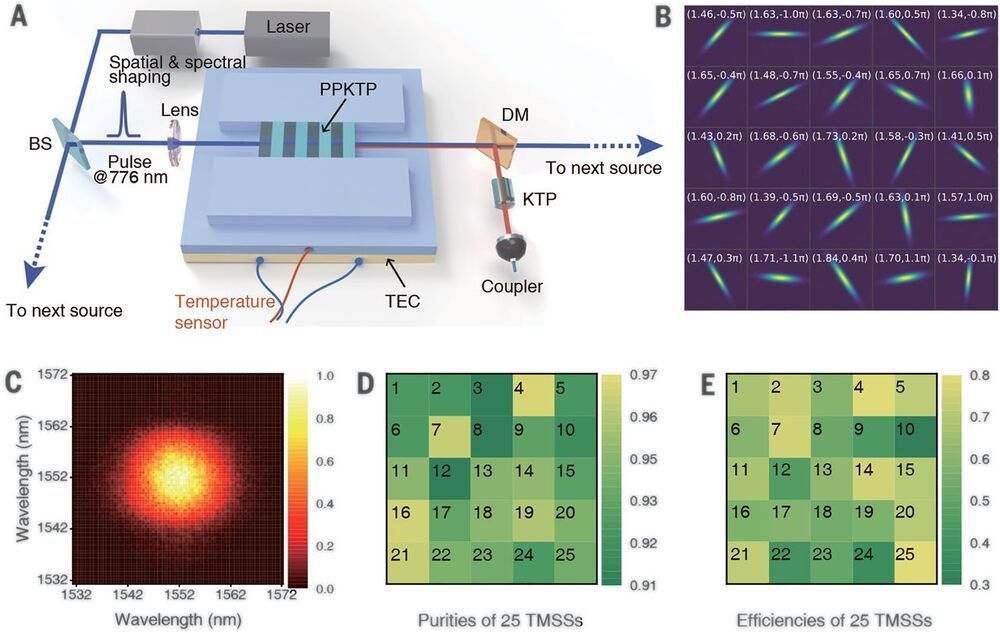
Quantum computational advantage or supremacy is a long-anticipated milestone toward practical quantum computers. Recent work claimed to have reached this point, but subsequent work managed to speed up the classical simulation and pointed toward a sample size–dependent loophole. Quantum computational advantage, rather than being a one-shot experimental proof, will be the result of a long-term competition between quantum devices and classical simulation. Zhong et al. sent 50 indistinguishable single-mode squeezed states into a 100-mode ultralow-loss interferometer and sampled the output using 100 high-efficiency single-photon detectors. By obtaining up to 76-photon coincidence, yielding a state space dimension of about 1030, they measured a sampling rate that is about 1014-fold faster than using state-of-the-art classical simulation strategies and supercomputers.
Science, this issue p. 1460
Quantum computers promise to perform certain tasks that are believed to be intractable to classical computers. Boson sampling is such a task and is considered a strong candidate to demonstrate the quantum computational advantage. We performed Gaussian boson sampling by sending 50 indistinguishable single-mode squeezed states into a 100-mode ultralow-loss interferometer with full connectivity and random matrix—the whole optical setup is phase-locked—and sampling the output using 100 high-efficiency single-photon detectors. The obtained samples were validated against plausible hypotheses exploiting thermal states, distinguishable photons, and uniform distribution. The photonic quantum computer, Jiuzhang, generates up to 76 output photon clicks, which yields an output state-space dimension of 1030 and a sampling rate that is faster than using the state-of-the-art simulation strategy and supercomputers by a factor of ~1014.
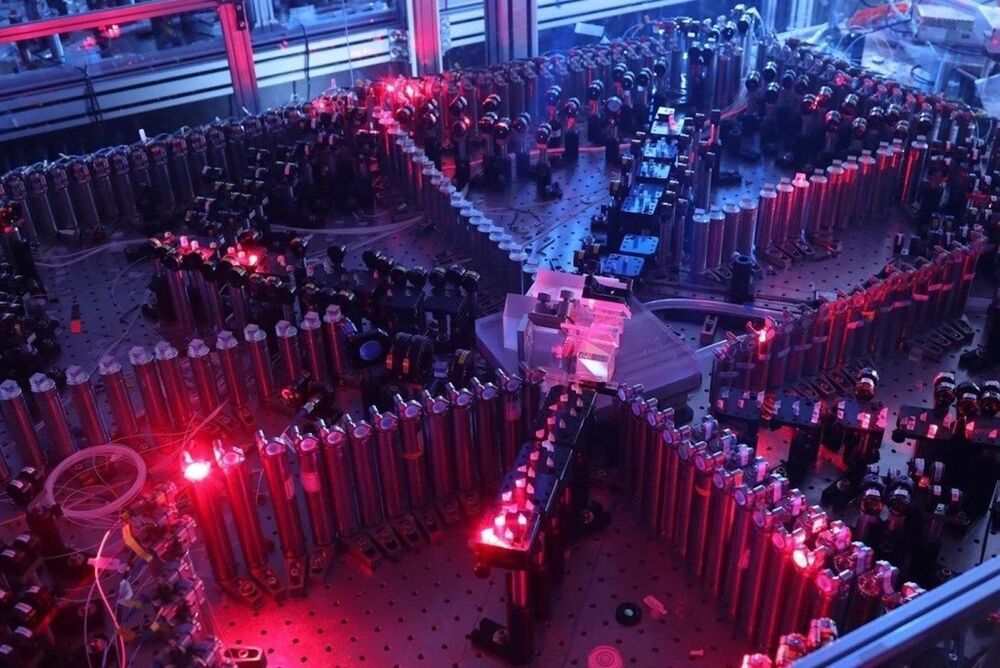
On December 3, Science magazine published a scientific paper by Chinese scientists on the results of experiments with a prototype quantum computer.
It was widely reported in the media that the Chinese system needed only 200 seconds to carry out a computation that would take over two billion years using the fastest supercomputer existing today.
The experiments were designed and carried out by a top-level research group led by Pan Jianwei and Lu Chaoyang of the University of Science and Technology in Hefei, China. Pan is one of the most famous Chinese physicists today, referred to once in Nature magazine as the “Father of the Quantum.”
